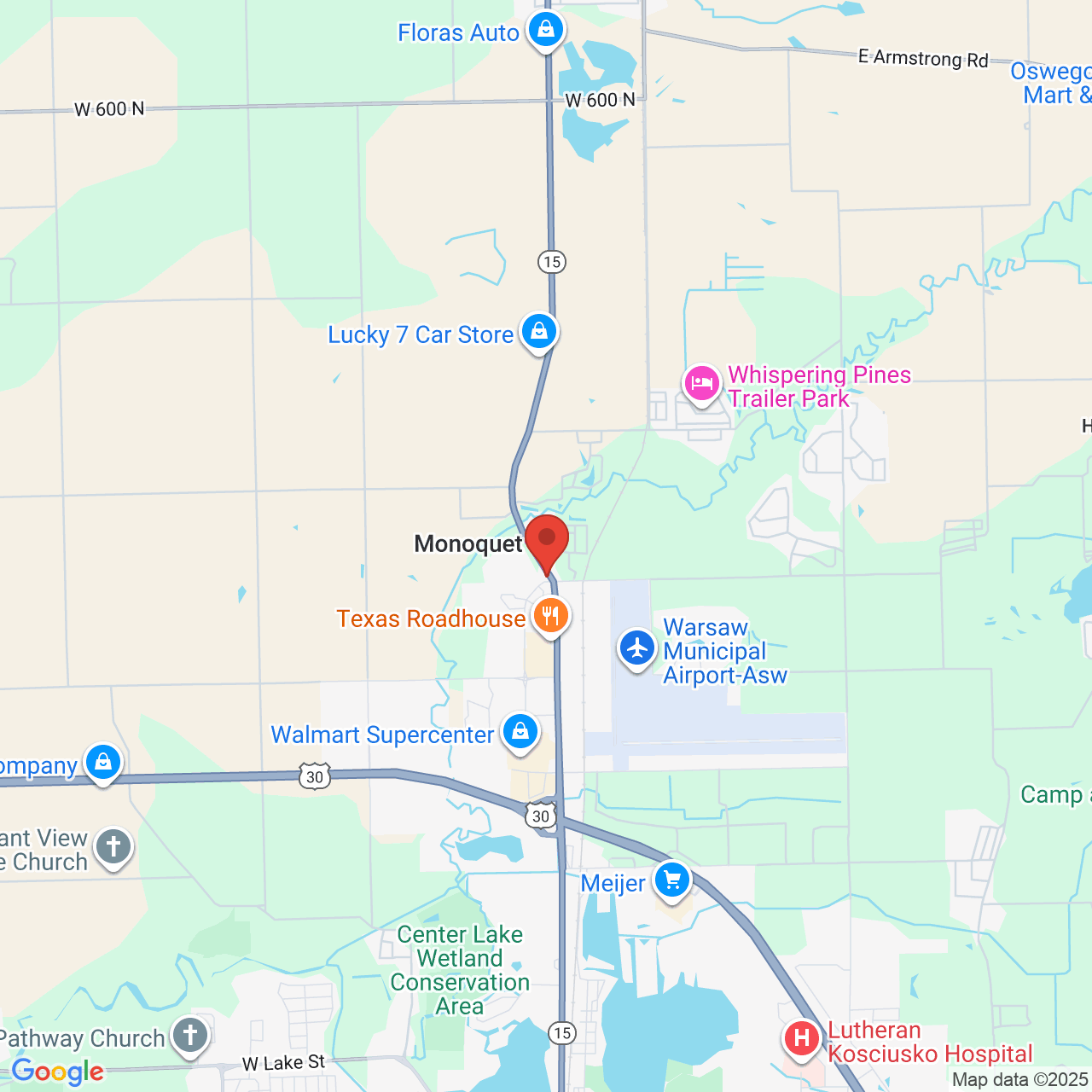How Does Aggressive Tooth Brushing Damage the Teeth?
 Aggressive tooth brushing refers to brushing the teeth with too much force. Aggressive brushing may occur when a person applies too much pressure to clean the teeth, uses a medium or hard-bristled toothbrush, or uses overly abrasive toothpaste.
Aggressive tooth brushing refers to brushing the teeth with too much force. Aggressive brushing may occur when a person applies too much pressure to clean the teeth, uses a medium or hard-bristled toothbrush, or uses overly abrasive toothpaste.
At Dental Solutions, we offer the latest treatments in restorative dentistry to repair the damage caused by aggressive brushing and restore the health and beauty of the smile. To learn more about the treatment options for dental damage and aggressive tooth brushing, schedule a consultation with Warsaw, IN dentists Bill Stofer and Jason Hemphill. Before your visit, let's take a moment to consider how aggressive tooth brushing can damage the teeth and what you can do to avoid this harmful habit.
How Does Aggressive Tooth Brushing Damage the Teeth?
Brushing the teeth with too much pressure or using an overly abrasive toothbrush, can do more harm to the teeth than good. Rather than prevent dental damage, aggressive tooth brushing can actually cause damage and lead to such problems as:
- Gum recession: Brushing the teeth with too much pressure can push the gums down or away from the teeth, leading to gum recession. Gum recession is a concern to dental health as it exposes delicate areas of the teeth, such as the roots, to the risk of tooth decay.
- Enamel erosion: Aggressive tooth brushing can wear away the enamel as a result of the friction of the bristles rubbing against the enamel. If aggressive brushing habits are not stopped, the enamel will continue to wear away, eventually exposing the inner layers of the teeth, such as the dentin, to bacteria and plaque, leaving the teeth vulnerable to decay.
- Tooth decay: Brushing the teeth is intended to prevent tooth decay, but brushing too aggressively can actually cause and speed the process of decay. The risk of tooth decay increases as the enamel is worn away by aggressive tooth brushing, negating many of the benefits of brushing the teeth.
- Increased tooth sensitivity: It's common for teeth impacted by aggressive brushing to become sensitive over time. Often, this is related to gum recession, enamel erosion, or tooth decay.
- Tooth loss: If tooth decay caused by aggressive brushing is left untreated, it can result in tooth loss either from destruction of the tooth or from extraction.
The Signs of Aggressive Tooth Brushing
Now that you know how aggressive tooth brushing can damage the teeth, it's important to know what signs to look for that may indicate you're brushing too aggressively. The biggest clue that you may be brushing too hard can be found in your toothbrush's bristles. If the bristles of your toothbrush are flattened or pushed back, you're probably aggressively brushing your teeth.
Another thing to check in determining if you're brushing too aggressively is the firmness of your toothbrush's bristles. If you use anything other than a soft bristled toothbrush, your toothbrush may be too abrasive and may be causing damage to your teeth.
How to Prevent Aggressive Tooth Brushing
The best way to prevent aggressive tooth brushing is to switch to a soft-bristled toothbrush and practice proper brushing techniques. Avoid sweeping your toothbrush back and forth across the length of your smile. Instead, hold your toothbrush at a 45-degree angle and use small, circular motions, along with light pressure to gently remove plaque while leaving the enamel intact.
Learn More about Your Treatment Options
To learn more about protecting your smile from aggressive tooth brushing, or to discuss your treatment options, we invite you to schedule a consultation with our team today.


